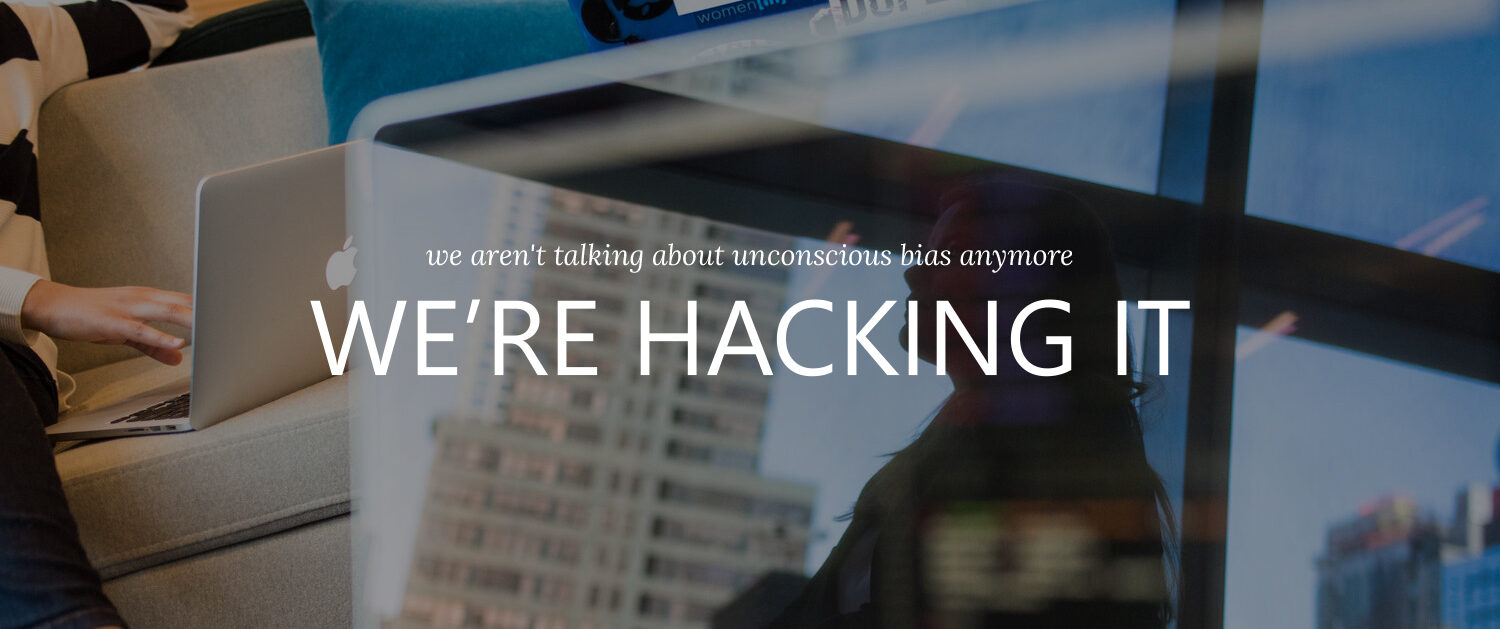How it all Started
Back in 2014, Elena Mendez-Escobar and Maria Troein (both MIT Sloan MBA 2015s) understood that neither of them “fit the mold.” Whether it was Elena’s PhD in Physics or Maria’s expertise in Chinese wine markets what you saw was not what you got. Moreover, both women knew that many of their classmates were similarly “Breaking the Mold,” and yet few felt empowered to dispel the traditional stereotypes imposed on them. With this in mind, Elena and Maria set out to educate the MIT community about unconscious bias and provide practical tools with which to address it.
Building Momentum
“I remember thinking, ‘Maybe I can organize a seminar,’” Elena recounts. She quickly learned that she could aim much higher. With strong engagement from the MIT Sloan student community and the encouragement of the administration, the pair launched an initiative that continues to thrive today. Since its founding, Breaking the Mold has served as a platform for three conferences, four workshops, and dozens of open discussions, all aimed at promoting tolerance and understanding. In all, these events have drawn more than a thousand attendees.
Breaking the Mold 2017
When we started planning for Breaking the Mold’s third year, we reflected on the successes of the past and the potential to do even more. Ultimately, we realized that the conversations around unconscious bias were educational and eye-opening, and yet, left us wanting even more:
At MIT, we are done talking. It’s time to hack.
We are excited to announce the 2017 Breaking the Mold Hackathon: an intense, interactive, one-day event to build tools to combat unconscious bias and intolerance held at the MIT Media Lab on Saturday, February 25th, 2017. Teams will be encouraged to tackle the issue along any dimension of diversity (e.g. gender, race, sexuality, religion, etc.) across a wide variety of arenas (e.g. the workplace, media, policing, etc.).
The entire idea here is that MIT is an amazing place for building technology, and also a diverse community full of passionate people who care about some of the challenges we face today. Our community has invented the technology behind the Kindle, the disposable razor, Zipcar, HP, and much more.
What if we directed that innovative spirit to some of the social issues we face? Let’s find out.

